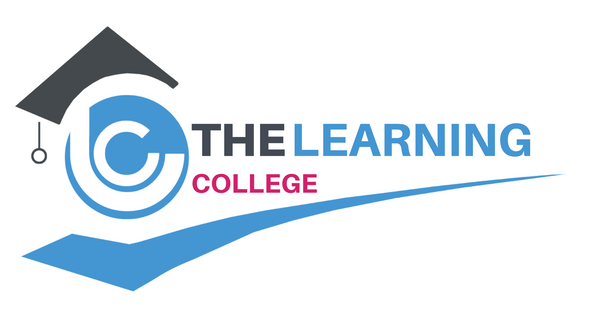Confused by RQF and what it means for Teaching Assistant courses? This guide explains how the RQF ensures your TA qualification is nationally recognised and credible.
If you’re considering a career as a Teaching Assistant (TA), you may have come across the term RQF and wondered what it means and how it impacts your qualification choices. Understanding the Regulated Qualifications Framework (RQF) is essential to making sure you choose the right accredited course that employers recognise and trust.
In this article, we’ll explain what the RQF is, why it matters for Teaching Assistant qualifications, and how it ensures quality and national recognition.
What is the RQF?
The Regulated Qualifications Framework (RQF) is the system used in England to classify and regulate qualifications based on their difficulty and size. It replaces previous frameworks to provide a clear and consistent way of understanding qualification levels.
Qualifications on the RQF are assigned levels from Entry Level up to Level 8, with each level representing the knowledge and skills expected.
How Does the RQF Affect Teaching Assistant Courses?
Teaching Assistant courses, such as Level 2 or Level 3 Certificates, are designed and accredited to meet the RQF standards. This means:
They have been reviewed and approved by official bodies, such as Ofqual.
They meet national criteria for the level of knowledge and skills taught.
Employers, including schools and educational institutions, recognise these qualifications.
They provide clear pathways for career progression.
What Are the Different RQF Levels for TAs?
Level 2 qualifications are considered intermediate level and are perfect for those starting as Teaching Assistants. They cover basic knowledge and skills needed to support teachers and pupils effectively.
Level 3 qualifications are advanced and go deeper into classroom support techniques, child development, and special educational needs (SEN).
The RQF level of your qualification directly affects the roles you’re eligible for and the career opportunities open to you.
Why Is It Important to Choose an RQF-Regulated Course?
Choosing a course regulated by the RQF means you’re investing in a qualification that is:
Officially recognised by schools and education authorities.
Quality assured to meet national standards.
Transferable across employers and local authorities.
Often a requirement for many TA roles.
If you take an unregulated course, it may not be accepted by schools or recognised in your career progression.
How The Learning College Ensures RQF Compliance
All Teaching Assistant courses offered by The Learning College are fully RQF-regulated and accredited through trusted awarding bodies like TQUK. This guarantees:
You receive a nationally recognised qualification.
Your course content is regularly reviewed and updated
You benefit from professional tutor support and learner guidance.
Summary
Understanding the RQF helps you make informed decisions about your Teaching Assistant training. By choosing an RQF-regulated course, you ensure your qualification is credible, respected, and opens doors to rewarding career opportunities in education.












